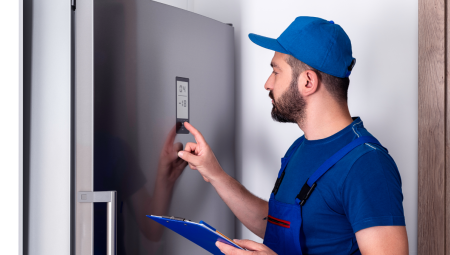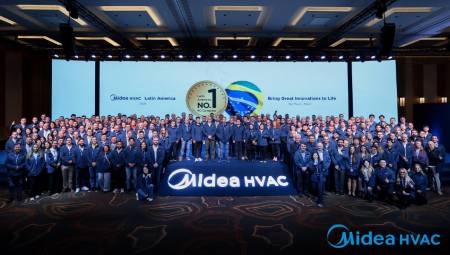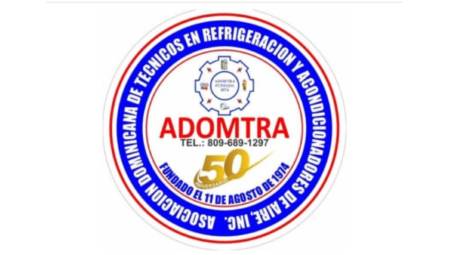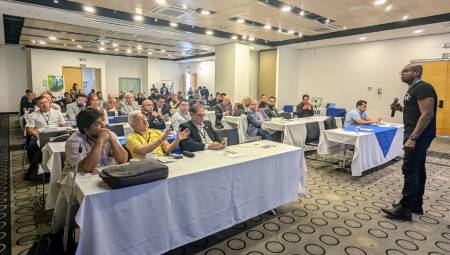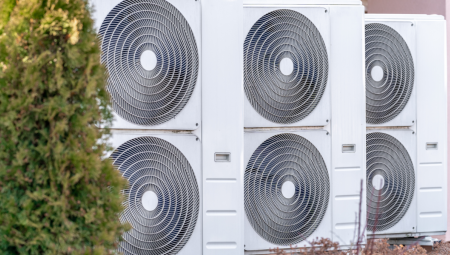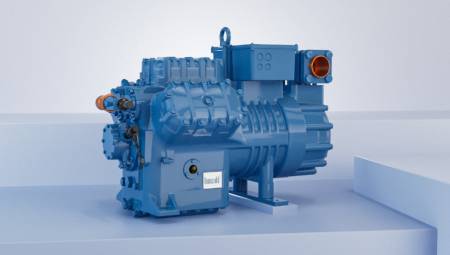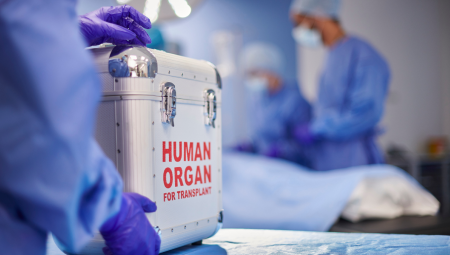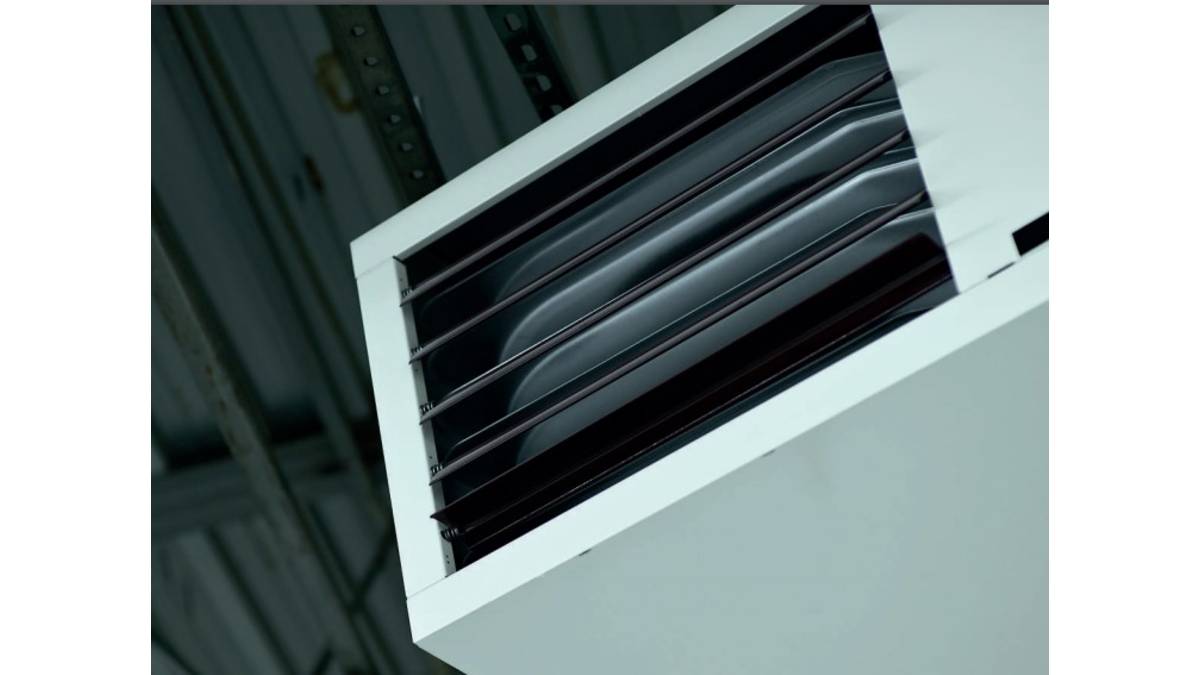 Latin America. With a "Reference Guide for Indoor Air Quality (CAI) and prevention of risks of transmission of SARS-CoV-2 (Covid-19)", the Thermal Districts project in Colombia responds to doubts and myths about ventilation or air conditioning systems in enclosed spaces, how they can impact the spread of Covid-19, and shares a series of good practices that, from different sectors, they can be adopted.
Latin America. With a "Reference Guide for Indoor Air Quality (CAI) and prevention of risks of transmission of SARS-CoV-2 (Covid-19)", the Thermal Districts project in Colombia responds to doubts and myths about ventilation or air conditioning systems in enclosed spaces, how they can impact the spread of Covid-19, and shares a series of good practices that, from different sectors, they can be adopted.
A year after several countries began to decree different measures to prevent the spread of Covid-19; as strict quarantines and the prohibition of gatherings in enclosed spaces, cities are beginning to regain some degree of normalcy, including the return to workplaces and study, the opening of restaurants, cinemas and bars, and controlled attendance at enclosed spaces. Hence the importance of this guide, which identifies generalities about the characteristics that the air must meet inside buildings, offers the guidelines of good practices to adopt, and at the same time, responds to the myths created for the use of systems, such as air conditioning, in enclosed spaces.
The document, developed by the Thermal Districts project in Colombia, supported by entities of the Colombian Government, the Embassy of Switzerland- Economic Cooperation and Development (SECO) and the Colombian Association of Air Conditioning and Refrigeration (ACAIRE), and implemented by the United Nations Organization for the Development of Industry (UNIDO), collects the 5 most common myths and their realities about the spread of Covid-19 and air conditioning. These are:
Myth 1: Air conditioning is a spreader of the virus.
Reality: The team itself is not. We must understand that air conditioners are part of a system and, being so, there are criteria and measures that allow them to minimize or control the risks of infection. One of them is the increase in the amount of outside air in the air mixture that enters the building and its respective cleaning before being injected into the enclosure. Another measure is to periodically perform preventive maintenance, based on cleaning and disinfecting the equipment. All of this complements, but does not replace, the already known provisions of individual respiratory protection and social distancing. In the case of agglomerations, these events become situations of high risk of contagion, regardless of the use or not of air conditioners.
Myth 2: Recirculated air from air conditioners is a potential carrier of Covid-19.
Fact: 100% recirculated air is not a good practice, even before the pandemic. For this reason, air conditioning systems must be designed and improved according to air quality standards that include external air intakes and extraction and filtration systems depending on the use of spaces or buildings. An example of this is the aircraft's air conditioning system, which takes in air from outside on average every three minutes and has proven safe for crew and passengers.
Myth 3: It is necessary to change the entire ventilation system of a business or home.
Reality: not necessarily. You just have to identify if it requires adjustments and adapt it in accordance with the regulations and current conditions that are more demanding today. There are complementary strategies such as installing additional filtration systems or having autonomous equipment that captures a large number of these viruses, in some cases with an efficiency of up to 99.99%. Any of these solutions purifies the air of the occupied spaces.
Myth 4: No filter is effective against Covid-19.
Fact: There are different varieties of filters on the market that can help mitigate the spread of the virus. An alternative is high-efficiency HEPA filters, tested under standards to meet the need for filtration and cope with Covid-19.
Myth 5: Avoid entering air-conditioned places.
Fact: To reach comfort temperatures it is necessary to use air mixtures with a high proportion of fresh air (outside). The lack of this type of systems in enclosed spaces can generate risks associated with high levels of temperature and humidity, and cause the concentration of particles and microorganisms due to the absence of air renewal in the spaces. Keep in mind that many air conditioning systems have high-efficiency filters and their flow rates help dilute contaminants; this is the case of hospitals, shopping centers and airports, among others.
To learn more about the guide, with the other recommendations and guidelines, visit the following link: https://www.distritoenergetico.com/wp-content/uploads/2021/02/Guia-CAI-Covid-FINAL.pdf




